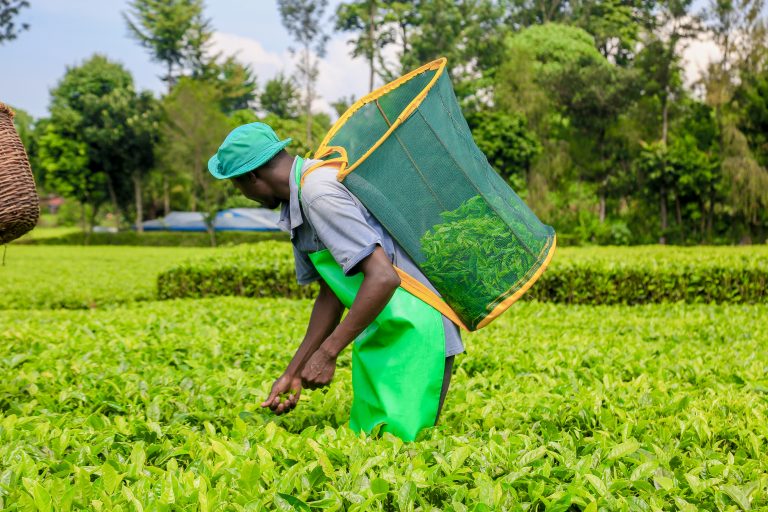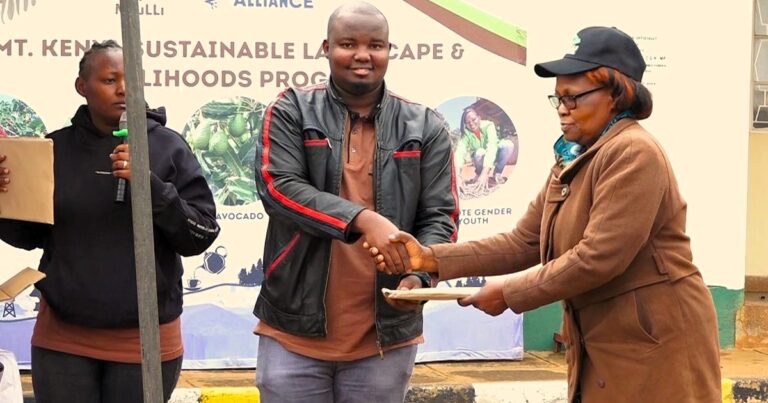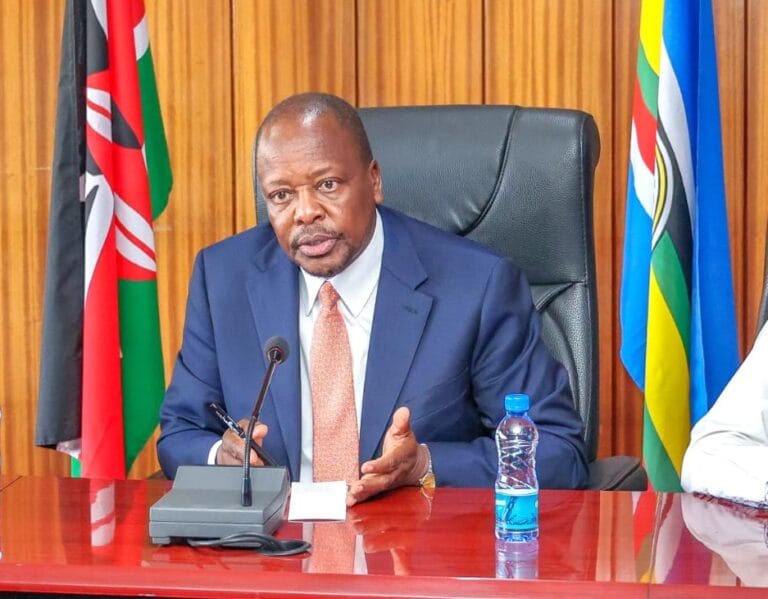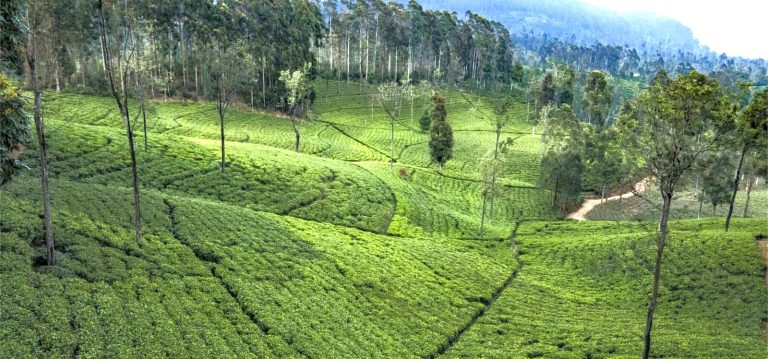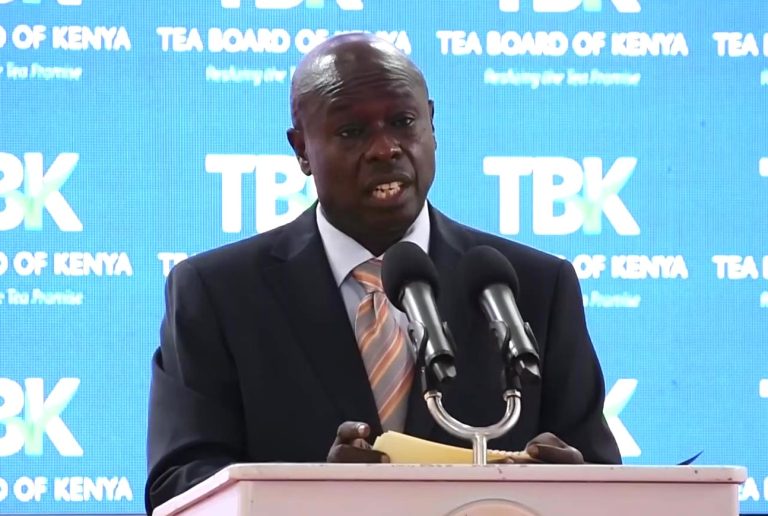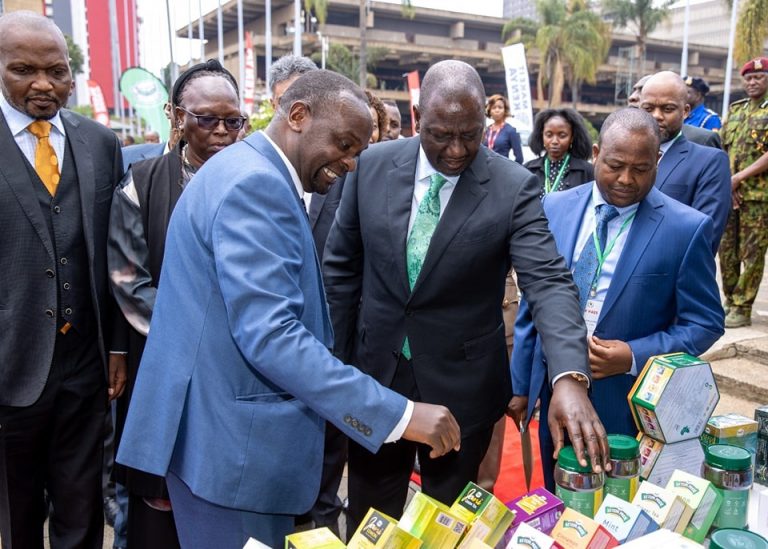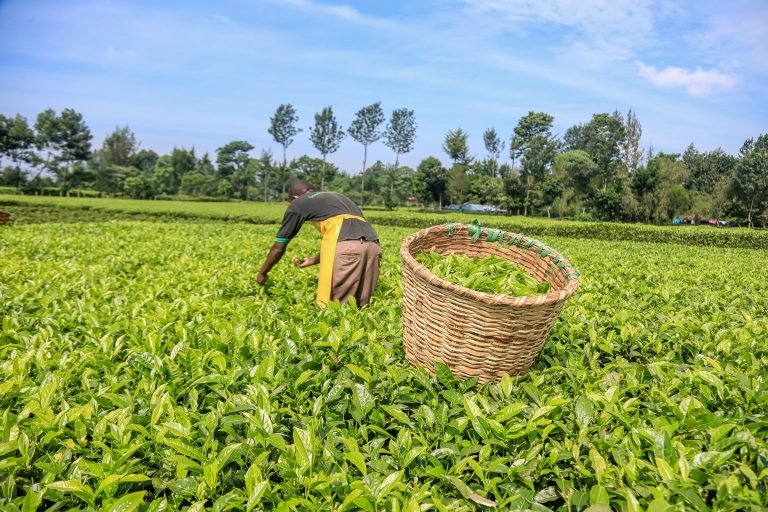By Kimuri Mwangi
The National Government owes smallholder tea farmers in the country Sh5 billion as fertilizer subsidy fees since September 2022, according to Kenya Tea Development Agency (KTDA) Holdings.
Speaking during the annual directors’ conference in Nairobi, KTDA chairman Enos Njeru urged Agriculture CS Mithika Linturi to intervene.
“I wish to note that the government promised to give us the fertilizer subsidy for last year worth Kshs 4.4 billion and we have received only Kshs. 1.4 billion. This year the government also pronounced that the fertilizer will cost Kshs. 2,500 per 50 kg bag which also shows us that we require a subsidy from the government worth about Kshs 1.8 billion. So cumulatively we are lobbying from the government arrears of almost Kshs. 5 billion,” said KTDA Holdings Limited Chairperson, Enos Njeru
Njeru added that the arrears are literally affecting KTDA factories cash flows. “If this money is not paid it will dip our factories into serious constrains. So, I wish that you will intervene we get this money as our farmers already know that fertilizer is paid in full,” opined Njeru
The KTDA Chairman enumerated the various challenges they are facing including a delay in supplying fertilizer which he attributed to the rise in fertilizer costs. “The cost of fertilizer has been steadily rising because of rising cost of natural gas which is a key component in the manufacture of NPK chemically compounded fertilizer, unfavorable exchange rates, global supply constraints, high crude oil costs and the cost of shipment among other factors,” he added.
Responding to the claims, Agriculture Cabinet Secretary Mithika Linturi acknowledged that the Government is facing financial constraints and the limited cash flow had caused the delay of the fertilizer subsidy cash. The CS said they have paid Kshs 1.4 billion to date and the government is committed to fulfill its promise once the situation improves.
“The country’s economy has faced headwinds this year leading to declining cash flow and high cost of living. The Kenya shilling has also continued to depreciate against other foreign currencies contributing to high import bill. The Elnino rains and the emerging emergencies has affected the economy as we address them among other challenges,” said the CS. He added that the government is adjusting budget spending including development expenditure even as it fast tracks various strategies to ensure it fulfils its mandate.

On tea, Linturi said his ministry through the Tea Board of Kenya (TBK), has developed a concept note to incentivize tea value addition by offering tax and other incentives necessary to make local value addition more attractive. The concept note, which has been approved by the National Treasury, proposes the establishment of a scheme aimed at unlocking the potential of Kenya tea by providing both tax and other incentives necessary to make local value addition more attractive.
The incentive scheme is also aimed at incentivizing factories to diversify their production into speciality teas with the aim of enhancing earnings for tea farmers as specialty teas earn higher prices, on average, at the auction.
“The Scheme will also entail promotion of a Kenya tea brand and enhancement of orthodox tea manufacturing for smallholder tea factories. Once the envisaged incentives are made available, I urge KTDA managed tea factories to leverage on the incentives to upscale their manufacture of orthodox teas and value addition at factory level instead of continuing to do bulk tea sales,” added CS Linturi.
The Cabinet Secretary added that the Government is committed to support KTDA tea factories unlock additional markets for the specialty teas by enhancing promotional activities and urged KTDA to harness trade opportunities presented by the African Continental Free Trade Area (AfCFTA).
“I further urge the smallholder tea factories to take advantage of the existing global market opportunities for Orthodox teas, which is currently not saturated compared to CTC market in order to enhance earnings to the smallholder tea farmers. The Government through Tea Board of Kenya will not only grant KTDA managed factories, the licences to manufacture orthodox teas but will also enhance its promotional activities to unlock market access,” he said.
“I urge KTDA to continue harnessing the opportunities presented by the AfCFTA currently under the guided initiative with ECOWAS where there are fifteen member countries with whom they can enjoy preferential negotiated tariffs,” he added.
KTDA Holdings Limited Chairperson, Enos Njeru, said the organization is diversifying its operations to achieve cost effectiveness whilst enhancing returns for the smallholder tea farmers.
“The global industry landscape is evolving, and we must change with the times we are living in. As such, we must embrace technology and integrate it with our operations to achieve cost effectiveness. We are investing in state-of-the-art equipment that will not only diversify our operations and increase our returns but also save through energy efficiency and reduced maintenance costs,” he said.
KTDA Holdings CEO, Wilson Muthaura, said the diversification agenda will help KTDA factories reduce their reliance on traditional black teas for the more lucrative specialty teas. “Moving forward, what is the lay of the land and what are our strategies going into the future? The move to orthodox and specialty teas is going ahead at a good pace and we are looking to have more output of these teas from our factories. This allows us to diversify our markets and ease the reliance on black CTC,” he said.
So far, 11 KTDA tea factories are producing orthodox teas. These are Itumbi, Kimunye, Michimikuru, Kangaita, Imenti, Kiru, Thumaita, Gitugi, Kagwe, and Chinga. The recently commissioned Matunwa Tea Factory is a purely orthodox tea processing facility, while an additional two factories- Tebesonik and Chelal- are in the process of installing orthodox lines.



